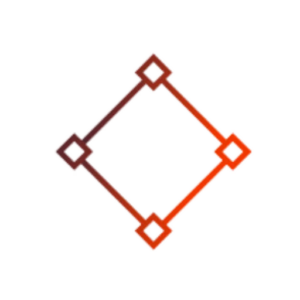Investing
Recommended Reads

Trading
Financial trading offers the potential for significant returns, but it’s important to remember that trading also comes with risks.
Recommended Reads

Reviews
We review and compare the best financial tools and platforms. Helping filter out the noise and find the right broker for you.
Recommended Reads
Cryptocurrency
Recommended Reads
Unbiased Reviews of Popular Brands & Platforms
We evaluate each platform across various categories, assigning points based on qualitative factors. These points are then translated into star ratings. Learn about our testing process here
About Us
Welcome to The Investors Centre Our aim is straightforward: to furnish you with the knowledge, skills and resources required to be an effective investor.
We are here to explain the complex and often intimidating world of investing. Here we will break down the various aspects of investing and explore how they can work for you. We believe in presenting the options available to you with complete transparency. This enables you, the investor, to make informed, educated decisions about your future.
We will delve into a wide range of topics including Stocks and Shares, Funds, ISA’s, Digital Currencies, Trading and SIPP’s.
The Investors Centre was established by a group of retail investors with a passion for trading and investment. We share with you our combined experience and knowledge into candid, digestible content. In our careers as investors we learned some important lessons the hard way and created this resource so you, the investor does not have to.
The Investors Centre has Featured in:





In Collaboration with b3i.tech
We’re thrilled to share that B3i has officially joined The Investors Centre. This acquisition brings together B3i’s resources with our commitment to providing top-tier investment insights.
By combining our strengths, we’re poised to offer an even more comprehensive suite of tools and information to our valued community.
For a deeper dive into what this means for you, please read our full announcement here.
















